Similac Advance Baby Formula To Support Brain & Eyes, 6 Count Powder, 1.45-lb Tub
Similac Advance Infant Formula is a nutritionally entire milk-based totally and iron-fortified child method proposing OptiGRO, our distinctive blend of DHA, Lutein and Vitamin E to assist assist your baby’s common boom, mind, eye and immune system development.
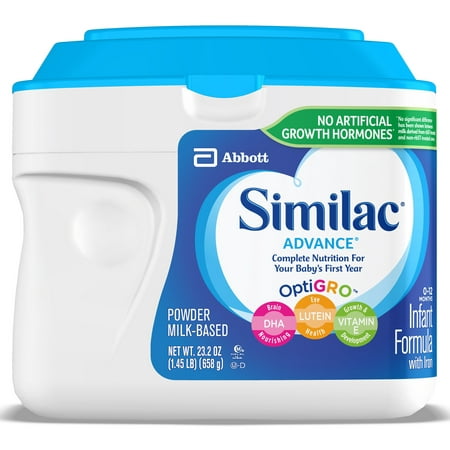




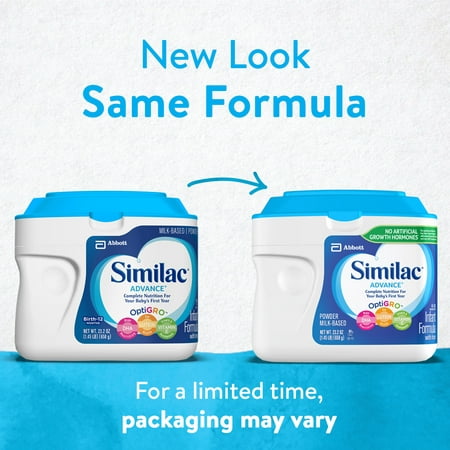


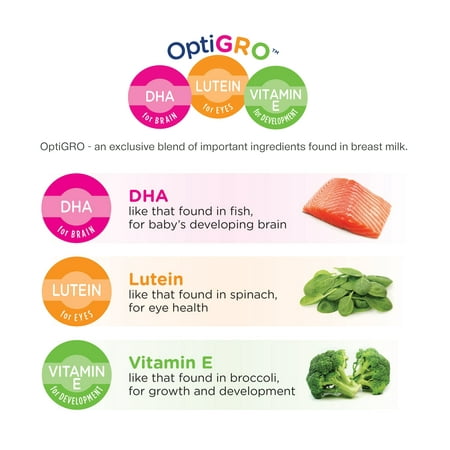
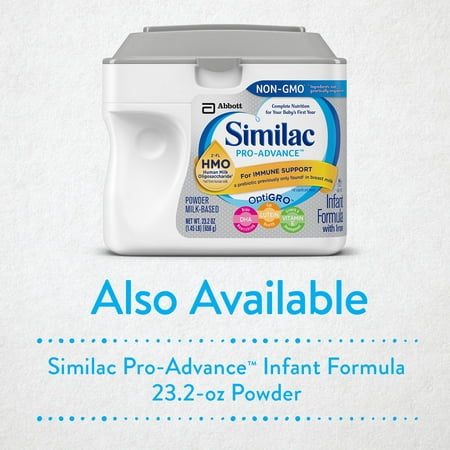

Similac is the primary little one system emblem without a synthetic increase hormone (no widespread difference has been proven between milk derived from rbST-dealt with and non-rbST-treated cows)Similac Advance Infant Formula is a nutritionally entire, milk-based system for your infant’s first 12 months with all ingredients cautiously decided on to satisfy our excessive standardsNUTRIENTS: Features OptiGRO, our exclusive combination of DHA, Lutein and Vitamin E, special nutrients discovered in breast milk which are important for helping guide toddler’s mind and eye developmentTRUSTED FORMULA: Similac is the #1 brand chosen by using mothers§ (§Total US little one system, all retailers as of three/31/2018, Nielsen information)

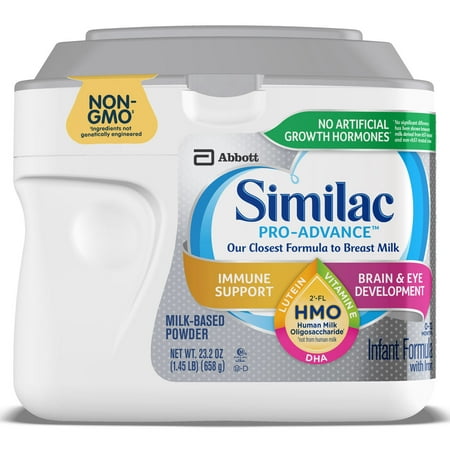
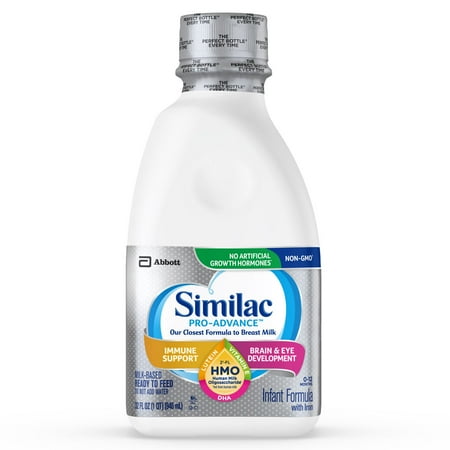


Reviews
There are no reviews yet.